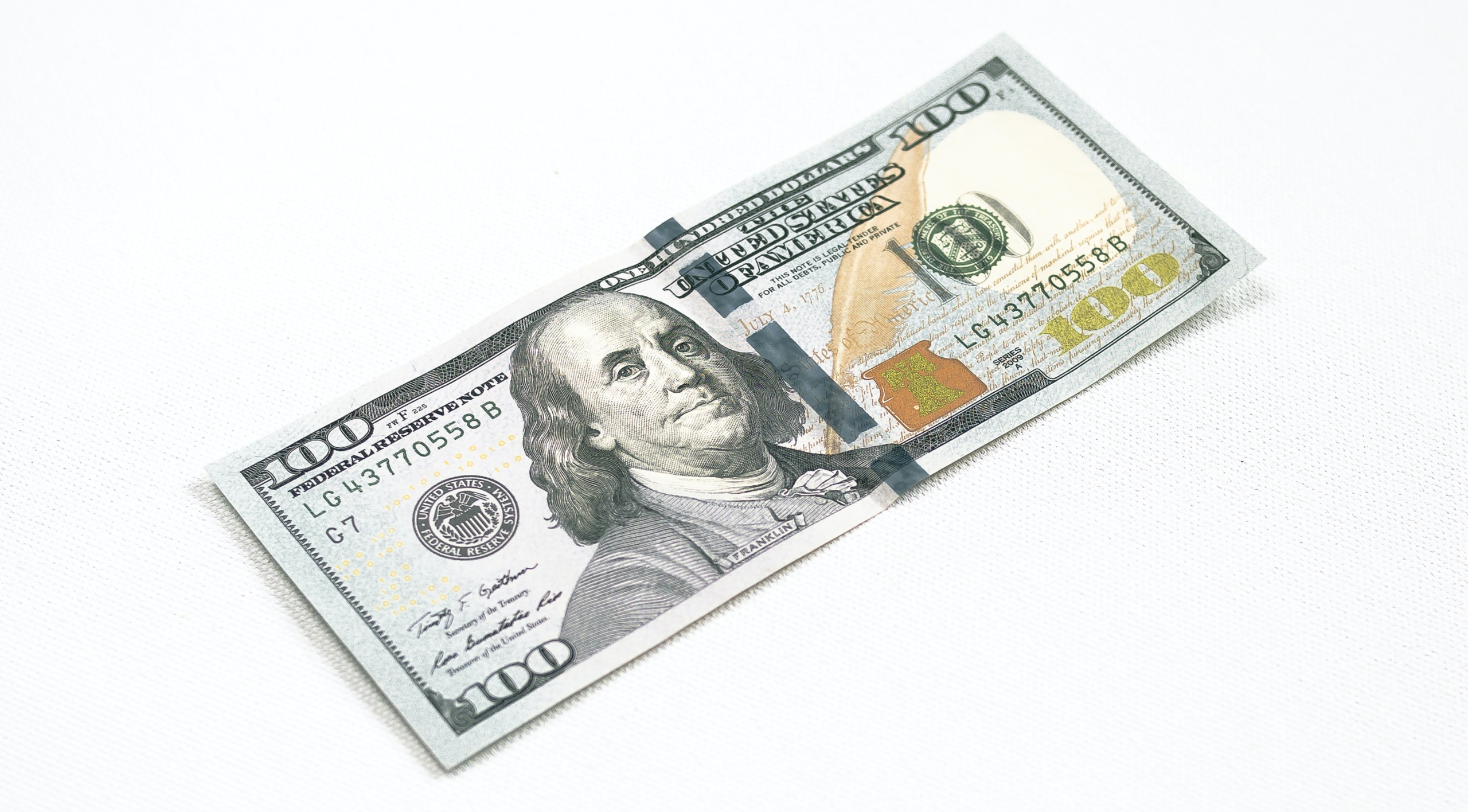
FHA loans are a type of home loan that’s backed by the US Federal Housing Administration (FHA). If you’re wondering what an FHA loan is, then you’ve come to the right place! In this article, we’ll explore what makes FHA loans unique, how they work, and whether or not they’re right for you.
An FHA loan is an insured loan
An FHA insured loan is a US Federal Housing Administration mortgage insurance backed mortgage loan that is provided by an FHA-approved lender.
An FHA insured loan is a US Federal Housing Administration mortgage insurance backed mortgage loan that is provided by an FHA-approved lender. The FHA insures the lender against loss in case you default on your loan, and as such, for most people it allows them to qualify for a mortgage with less than 20% down payment (in some cases no money down).
An FHA insured loan works with an upfront fee called Mortgage Insurance Premium (MIP) that’s paid monthly along with your principal and interest payments. In addition to this, there are annual fees charged by insurers which are included in monthly payments as well. These fees vary depending on what kind of home you buy and whether it requires any repairs before you can move into it or not.
Generally, there are quite low minimum credit score requirements – You may be able to get an FHA mortgage even if other lenders have rejected your application because they think that your credit score isn’t good enough! This makes these loans perfect for people who have had some financial troubles in their past, those who want a more flexible payment plan than traditional mortgages offer (like bi-weekly payments), those who simply don’t want their income reported negatively onto their credit report after paying off debt…and lots more.
The amount you’re allowed to borrow is lower than with other types of mortgages – This means that FHA loans are a great option for buyers who want to spend less on their down payment but still get the most house for their money.
Pros and cons of FHA loans.
You’ll also have to pay mortgage insurance, and FHA loans are less flexible than conventional loans.
You’ll also have to pay mortgage insurance, and FHA loans are less flexible than conventional loans. That said, there are quite a few advantages to FHA loans.
- Low down payment requirements (as little as 3.5%) make it easier to buy a home with little or no money saved up.
- The loan limits are higher than for conventional mortgages, which means you can get more house for your money. You can also qualify for an FHA loan with a lower credit score than you would need for a conventional mortgage—though you may still need to have some cash on hand in case you have to pay closing costs out of pocket (such as those necessary fees that were mentioned above).
The upside of FHA loans is you may qualify with much lower scores than conventional loans allow and a down payment as little as 3.5% of the home’s price. If you have a few extra dollars in the bank and a higher credit score, you may even be pre-approved with a DTI ratio above 50%.
FHA loans are an excellent choice for first-time homebuyers, because they allow you to purchase your home with as little as 3.5% down payment. FHA loans also make it possible for buyers with low credit scores to qualify for a mortgage. While most conventional mortgages require a minimum credit score of 620 or higher, FHA loans can be approved with scores as low as 580. If you do have a higher credit score and are looking to buy a house with cash up front, the DTI ratio on your loan — or the amount of money you spend on monthly bills divided by the size of the mortgage — will determine how much you can borrow based on your income and savings accounts.
An FHA loan could be a great option if you have bad credit.
Although there are pros and cons to getting an FHA loan, it can be a good option if your credit score isn’t good enough to qualify for other types of mortgages.
- Low down payment requirements – FHA loans require a minimum down payment of 3.5%. In comparison, conventional loans require 5% or more of the purchase price upfront (plus any closing costs).
- Convenient financing options – With an FHA loan, you’re not obligated to make monthly payments until after closing on your home purchase. You’ll also have access to special financing programs like cash-out refinancing and rate reduction refinances (known as streamline refinances) that allow you to reduce interest rates without having to reapply for approval from lenders or waiting through another application process. These options make it easier than ever before—and faster too.
The FHA loan program is designed to make homeownership more accessible to borrowers with less than stellar credit histories. After reading this article, you should have a better idea of what a FHA loan is and how it can benefit your home buying experience.



